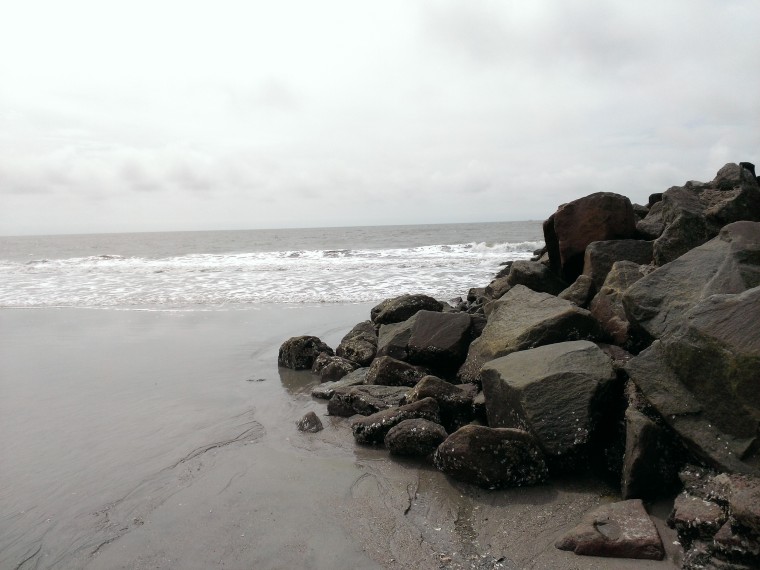Fëanor’s lust for revenge has driven him into Middle-earth, where Morgoth/Melkor has returned to his old fortresses. It’s time to get even in “Of the Revenge of the Sith.” Wait. I mean, “Of the Return of the Noldor.”
Part I (Chapter 1)
Part II (Chapters 2-3)
Part III (Chapters 3-4)
Part IV (Chapters 5-6)
Part V (Chapter 7)
Part VI (Chapter 8)
Part VII (Chapter 9)
Part VIII (Chapter 10)
Part IX (Chapter 11)
Part X (Chapter 12)
–
Quenta Silmarillion: First part of Chapter 13
Last time we saw Fëanor in chapter 9, he stood overlooking a burning fleet of stolen ships In the gleam of the fire, his face must have seemed more like that of the Roman emperor Nero than one of the noble Elves. He had abandoned half of the Noldor — his own people — on an icy wasteland on the other side of the sea. Among those betrayed were his half-brother Fingolfin and his niece Galadriel (yes, the Galadriel) as well as anyone else he didn’t think was fully loyal to him. Fëanor’s sole focus was retrieving the Silmarils (three magical gems he had made) and making Morgoth pay for stealing them and lying to him.

Now, Fëanor is ready to find his foothold in Middle-earth and launch a barrage against Morgoth and his forces. But what Fëanor doesn’t know is that his people and Fingolfin’s people across the sea aren’t the only ones who noticed the flames and smoke from the blazing ships. Morgoth’s Orcs have spotted them as well and have reported it to their Master.
When Morgoth hears that Fëanor has come, he is unimpressed. The last time he saw the Noldor was back in Valinor. Fëanor had been pouting at a festival that the Valar ordered him to attend, and his father had remained at home since he was miffed at the Valar too. Fëanor’s father had been an easy target for Morgoth, who killed him before stealing the Silmarils. Morgoth never could have guessed, though, what sort of weaponry and passion the Noldor, especially Fëanor, possessed.
Morgoth’s and Fëanor’s forces go head to head, and Fëanor presses into Angband (Morgoth’s current stronghold) without too much trouble. But Morgoth is ready for him, and Fëanor is too blinded by his emotions to realize his foe’s strength.
Fëanor stands with only a handful of his men amid a throng of Balrogs. He fights valiantly, ignoring his wounds and how badly outnumbered he and his men are. But his wrath isn’t enough to save him. The Lord of the Balrogs, Gothmog, takes Fëanor down. Fëanor’s sons immediately rescue him from the battlefield, but he dies on the way back to their camp. Before he does, though, he orders his sons to avenge him, which will only be the cause of more grief.
It’s not long before word arrives from Morgoth. His messengers claim that he wishes to treat with Fëanor’s sons and the Noldor. After all, surely they can come to some sort of agreement that allows all of them to live in peace instead under the oppression of this endless, pointless war. Morgoth is even willing to return one of the Silmarils! Fëanor’s sons, particularly Maedhros, know that it’s a trap, but they agree anyways, thinking that they might be able to exploit the situation. Instead, Maedhros and his men find themselves outnumbered and surrounded by Balrogs again. All of them are killed but Maedhros, who is captured and used as a bargaining chip. What Morgoth still doesn’t seem to realize, though, is that Fëanor’s sons aren’t the type to bargain. They will gladly draw swords and kill even their own kin to get what they want. Besides, they know that Morgoth will betray them anyways and that they will never see their brother again if they don’t take matters into their own hands.
But they won’t be the ones to make the next move against Morgoth. Enter Fingolfin and the first rising of the Sun!
—
Next week, Fingolfin and his company give Morgoth a run for his money, the Eagles have their first big moment, and Thingol finds out what happened to the rest of his people in Valinor. (You know, the ones who were slaughtered for the ships that were subsequently burned by Fëanor…)
9 thoughts on “The Silmarillion Recap: Quenta Silmarillion (Part XI)”